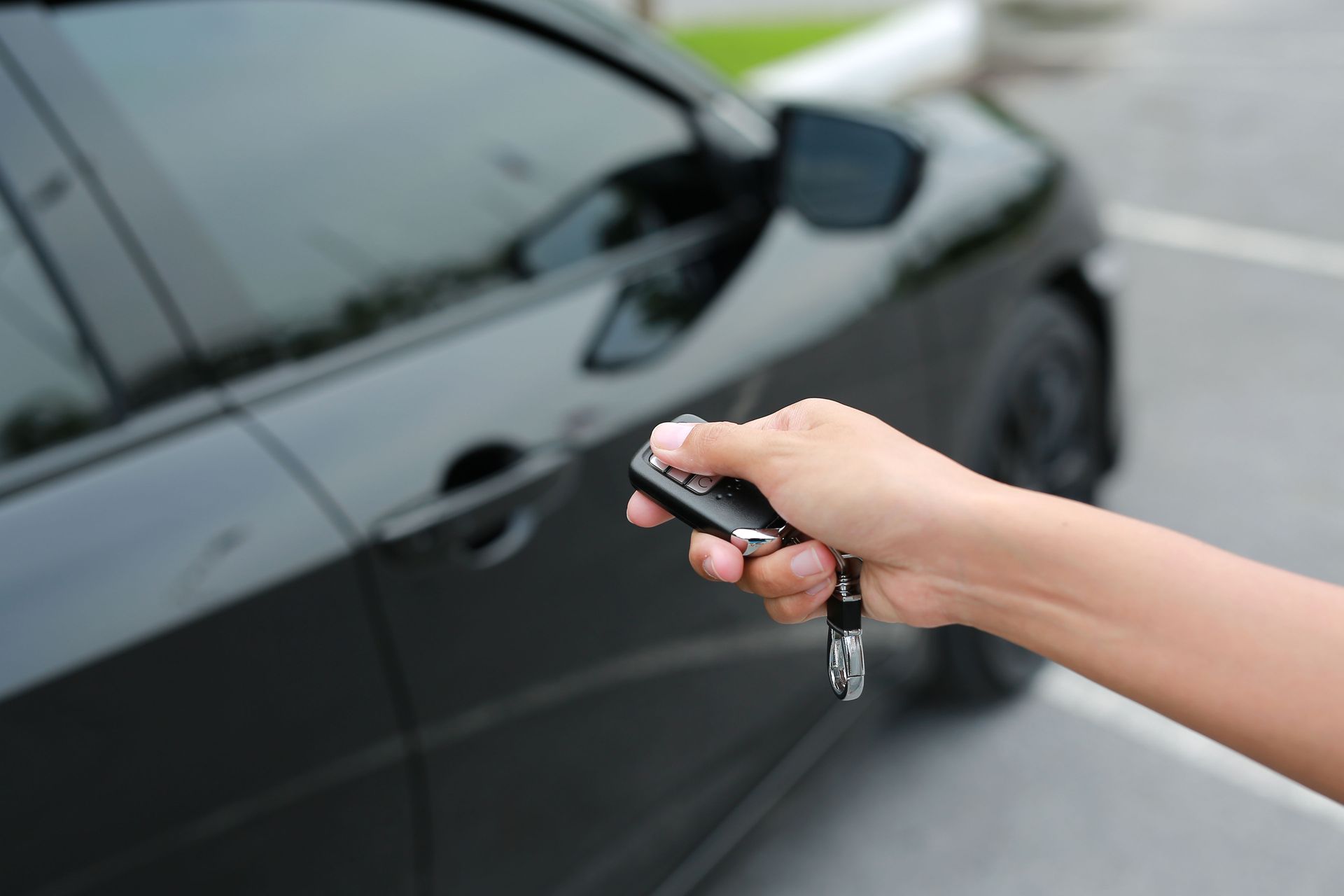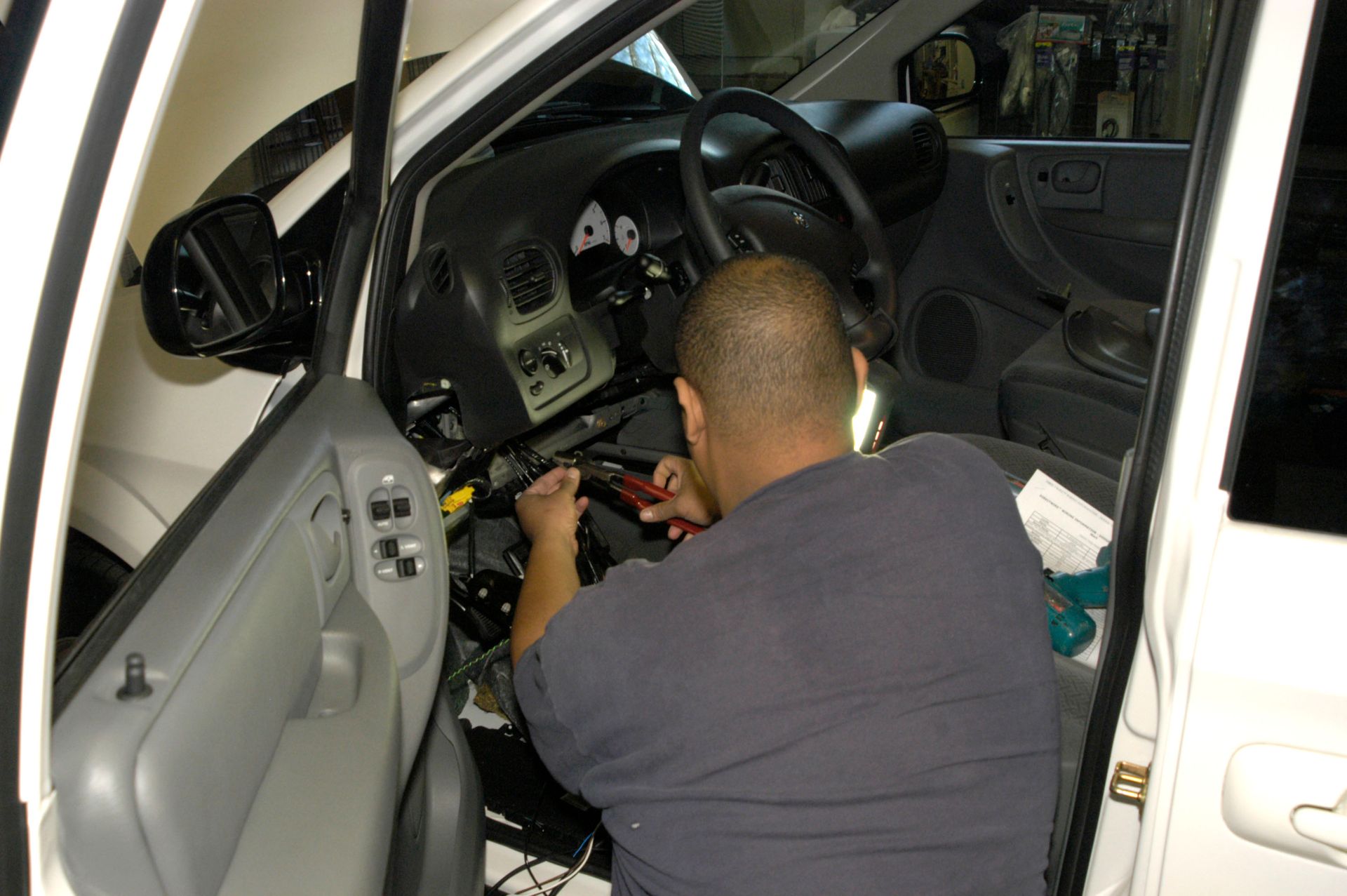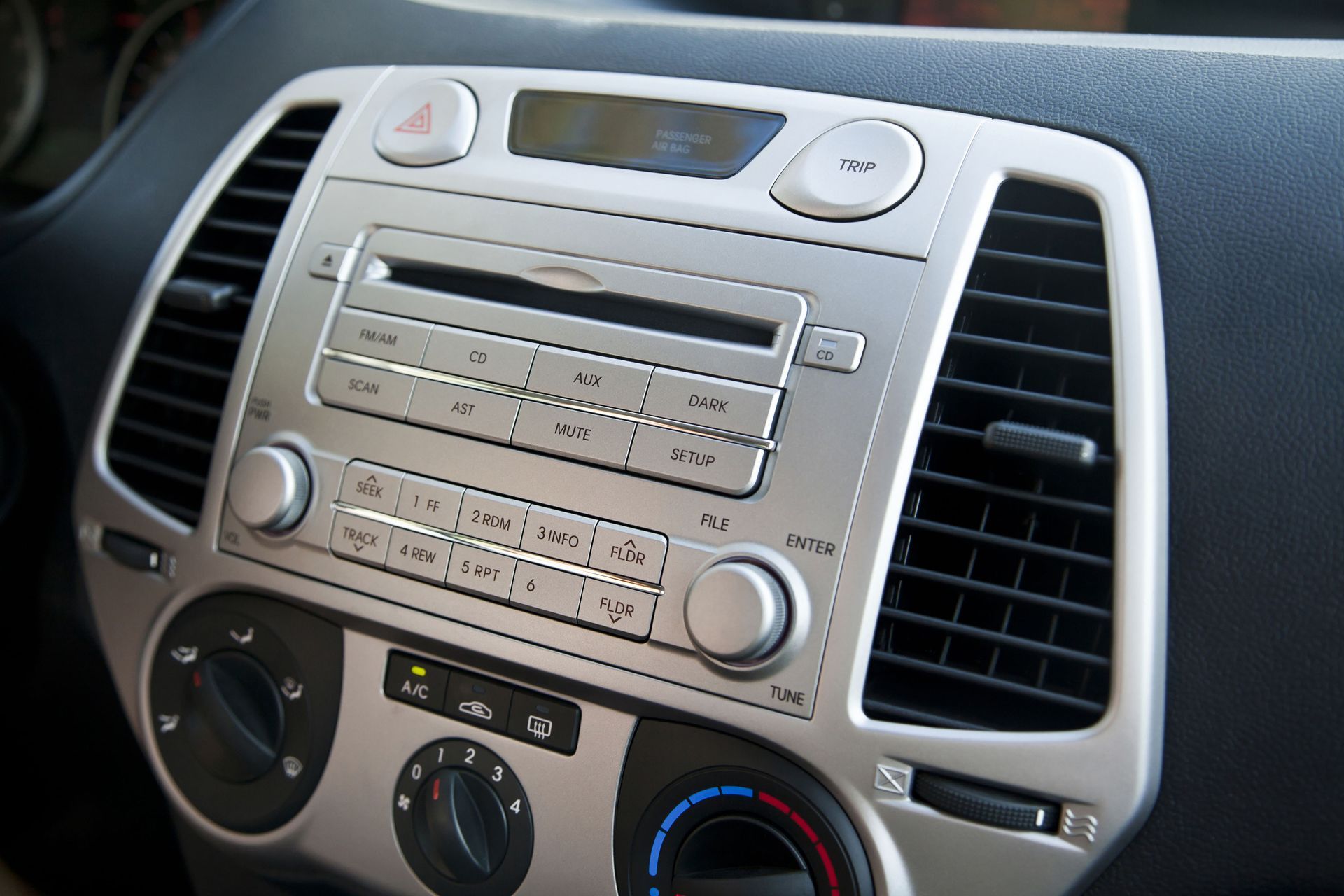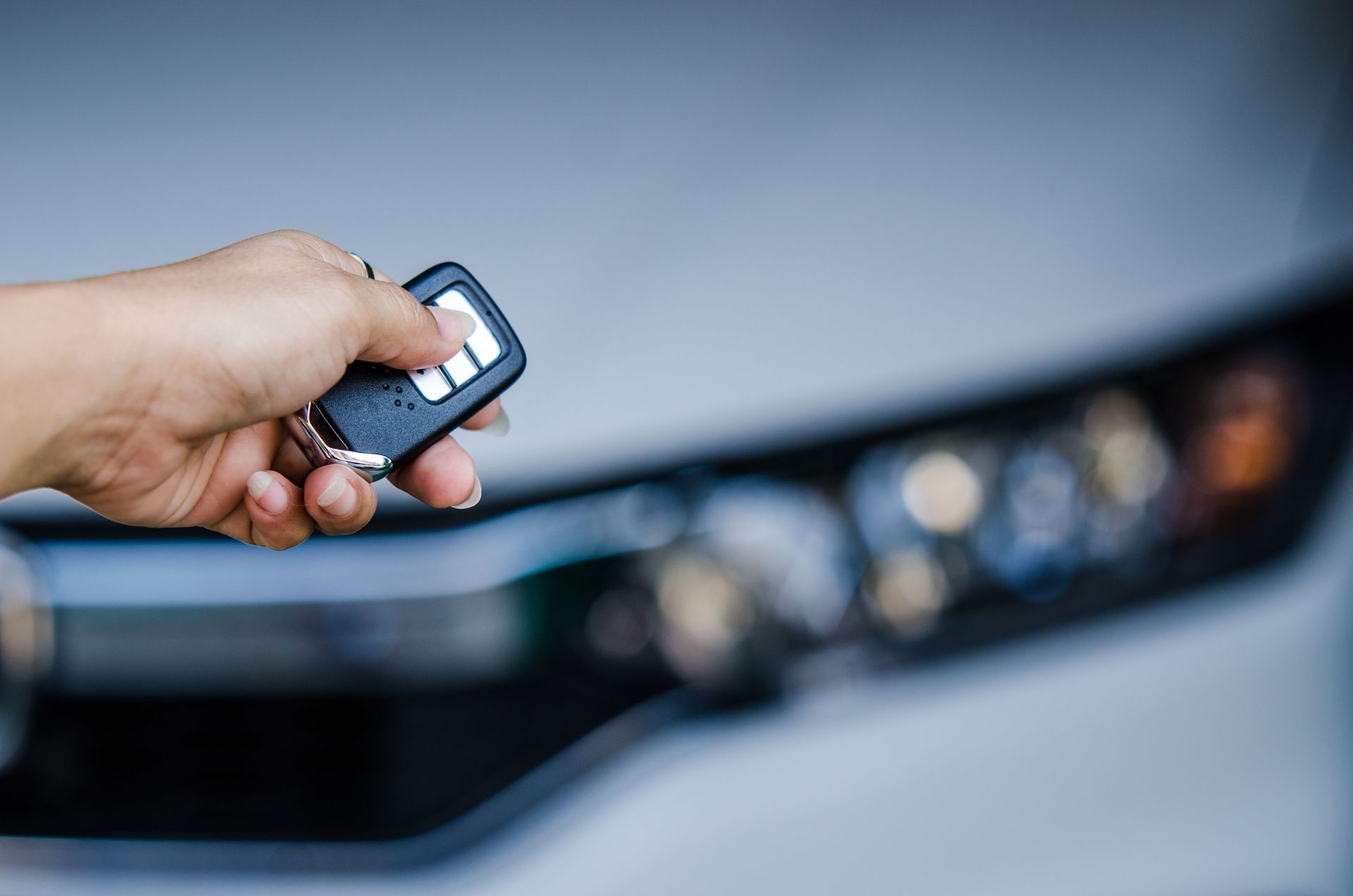Things You Should Know Before Car Alarm Installation
When it comes to protecting your vehicle, car alarm installation is a crucial step that many car owners consider. Beyond deterring theft, a well-installed alarm can give you peace of mind knowing that your investment is safeguarded. However, not all car alarms are created equal, and there are several factors you should understand before moving forward. Taking the time to research, choose, and plan the installation can save you frustration, unnecessary expenses, and even technical issues later.
In this blog, we'll cover essential aspects of car alarm installation. We'll also address common misconceptions and provide tips to make the process smoother. By the end, you should feel confident in making informed decisions about securing your vehicle.
Considering the Features That Matter Most
Once you know the type of alarm, the next step is to evaluate the features you may want. Modern car alarms offer a variety of enhancements, each designed to improve security and convenience. Some common features include:
- Remote start: Lets you start your car from a distance, often integrated with the alarm system.
- Two-way communication: Alerts you when the alarm is triggered, even if you're not near the vehicle.
- Smartphone connectivity: Allows you to monitor and control your vehicle directly from your phone.
According to Safewise, many aftermarket car alarms can reach your vehicle for up to 3,000 feet. This range can be particularly useful for two-way alarms that notify you of potential tampering, giving you time to respond even when you're far away from your car.
When considering features, think about your daily routine, parking habits, and the level of security you want. While some features may be convenient, they can also increase the cost of installation. Prioritizing the features that matter most will ensure your car alarm installation aligns with your needs and budget.
Evaluating Your Vehicle's Compatibility
Not every car alarm is compatible with every vehicle. Before scheduling installation, check whether the system you want is suitable for your make and model. Factors that affect compatibility include:
- Vehicle year and electronics: Newer cars with advanced electronic systems may require alarms designed to integrate with their onboard technology.
- Type of ignition system: Vehicles with push-button start or keyless entry might need specialized wiring for the alarm to function properly.
- Battery and electrical system: Ensure your car's battery can handle the additional load from the alarm system without affecting performance.
If you're unsure about compatibility, a professional installer can assess your vehicle and recommend an alarm system that fits seamlessly. Attempting DIY installation without checking compatibility can lead to malfunctioning alarms or electrical issues, which can be costly to repair.
Considering DIY vs. Professional Installation
Car alarm installation can be attempted as a DIY project, but it often requires a good understanding of vehicle electronics and wiring. Many car owners underestimate the complexity of proper installation, which can result in false alarms, nonfunctional systems, or even damage to the vehicle's electrical components.
Professional installation, on the other hand, offers several benefits:
- Proper wiring and integration: Ensures all components work together as intended.
- Peace of mind: Knowing a certified installer handled the setup can reduce anxiety about potential malfunctions.
While DIY installation might save money upfront, professional installation is often the safer and more reliable option, especially if your vehicle has advanced electronics. Choosing the right approach depends on your technical skill level and the complexity of the alarm system you select.
Understanding the Cost Factors
The cost of car alarm installation can vary widely depending on the system, features, and installation method. Basic alarms may cost a few hundred dollars, while advanced systems with GPS tracking, remote start, and two-way communication can exceed a thousand dollars. Installation fees also vary depending on whether you choose a professional or attempt it yourself.
Additional factors that can affect cost include:
- Vehicle type: Luxury cars or vehicles with complex electrical systems may require more time and specialized parts for installation.
- Alarm complexity: Systems with multiple sensors, smartphone integration, or remote start will typically be more expensive.
- Labor charges: Professional installers may charge by the hour or offer flat-rate packages.
It's important to view cost as an investment in vehicle security rather than an expense. Cutting corners on installation or selecting a cheap system without evaluating features and compatibility can lead to additional expenses down the road.
Planning for Maintenance and Troubleshooting
Even after professional car alarm installation, ongoing maintenance is essential to keep the system functioning optimally. Some maintenance tips include:
- Battery checks: Regularly inspect the car battery and alarm battery (if separate) to prevent low power issues.
- Sensor calibration: Periodically check that shock and motion sensors are properly calibrated to avoid false alarms.
- Software updates: For systems connected to smartphones or cloud services, update the software to access new features and security patches.
Troubleshooting is also important. Common issues such as false alarms, unresponsive key fobs, or intermittent alerts can often be resolved by consulting the installation manual or contacting the installer. Being proactive about maintenance ensures your car alarm continues to protect your vehicle reliably.
Knowing the Legal and Environmental Considerations
Before installing a car alarm, it's wise to consider local regulations and environmental factors. In some areas, excessive noise from alarms may be restricted or fined, especially in residential neighborhoods. Additionally, installing alarms with frequent or loud sirens can disturb neighbors or trigger complaints.
Environmental considerations may also affect performance. Extreme temperatures, moisture, and exposure to direct sunlight can impact sensor sensitivity and battery life. Choosing an alarm designed to withstand your local climate and observing proper installation procedures can prevent these issues.
Understanding these legal and environmental factors helps you select a system that is effective without causing unintended consequences or violating local laws.
Evaluating Security Beyond the Alarm
While car alarm installation is a significant step in protecting your vehicle, it should be part of a broader security strategy. Consider additional measures such as:
- Steering wheel locks: Physical deterrents that make theft more difficult.
- GPS tracking devices: Complement alarm systems by allowing you to track your vehicle if stolen.
- Parking strategies: Park in well-lit, high-traffic areas to reduce risk.
- Vehicle insurance adjustments: Some insurers offer discounts for vehicles with professionally installed alarms.
Combining multiple security measures enhances protection and increases the likelihood that your vehicle remains safe in various scenarios. Car alarms are a key component, but they work best when integrated with other safety precautions.
Making an Informed Decision
Ultimately, the goal of car alarm installation is to provide security, peace of mind, and convenience. By understanding the different types of alarms, evaluating features, checking compatibility, weighing installation options, and considering cost, maintenance, and legal factors, you can make an informed decision that meets your specific needs.
It's also worth consulting with a professional installer to discuss your options. Their experience can guide you in selecting the right system, avoiding common pitfalls, and ensuring your vehicle is protected effectively.
Car alarm installation is more than just adding a siren to your vehicle; it's a carefully considered investment in security and peace of mind. From understanding the types of alarms and features to planning for professional installation and maintenance, every step plays a role in ensuring your vehicle remains safe.
By approaching car alarm installation thoughtfully, evaluating your vehicle and lifestyle, and considering both technical and environmental factors, you can make choices that protect your investment and provide confidence every time you leave your car. Contact AudioSonic Car Stereo today to learn more about our offerings!



































Share On: